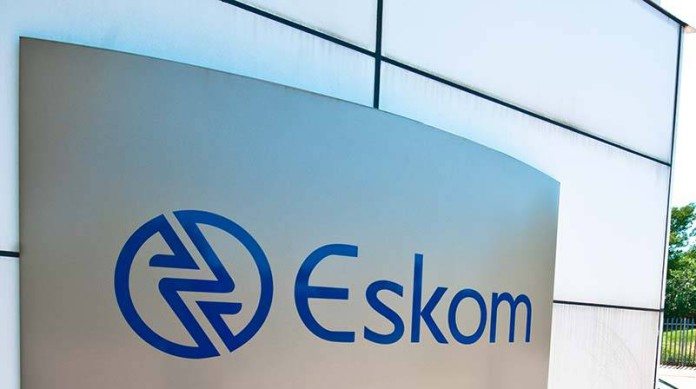
SWISS industrial giant ABB acknowledged it could be sanctioned for suspect payments related to work it carried out for Eskom’s Kusile, a 4,800MW coal-fired power station, said Bloomberg News.
Citing comments made by the Swiss company during its third quarter results presentation on October 23, Bloomberg said ABB also took a write-down against the $160m Kusile contract which included the supply of control and instrumentation technology. ABB “self reported” the possible malfeasance to US and South African authorities.
The US Department of Justice and the US Securities and Exchange Commission have both been informed, the Swiss company said, adding that it is co-operating with all probes.
ABB “… believes that there may be an unfavorable outcome in one or more of these compliance-related matters,” the company said. “It is not possible for the company to make an informed judgment about the possible financial impact.”
ABB is the latest international company to be caught up in graft allegations related to Eskom, said Bloomberg News. German software giant SAP SE is being probed in the US for how it won contracts with South African state companies, while McKinsey & Co. said last year it would repay money unlawfully received while working for Eskom.
Former Eskom CEO, Matshela Koko, allegedly guaranteed future contracts to ABB in return for subcontracting work to his stepdaughter’s business, said Bloomberg News citing an earlier report by Johannesburg-based Sunday Times. Koko, who denied the accusation at the time, was suspended in 2017 over allegations of wrong-doing. He resigned in February last year.
Earlier this week, Eskom said it had served court papers on Deloitte Consulting for irregular tender procedures described by the utility’s chairman and interim CEO, Jabu Mabuza, as “pure corruption”. Deloitte responded by saying it welcomed the opportunity to defend itself in court.
Said Mabuza in a statement: “Deloitte was granted contracts when their prices were five times higher than those of their competitors”.











